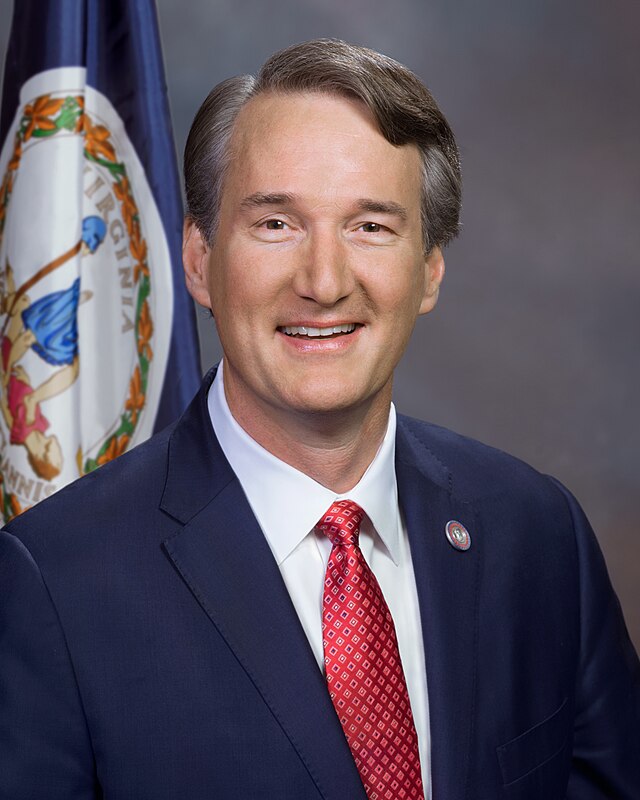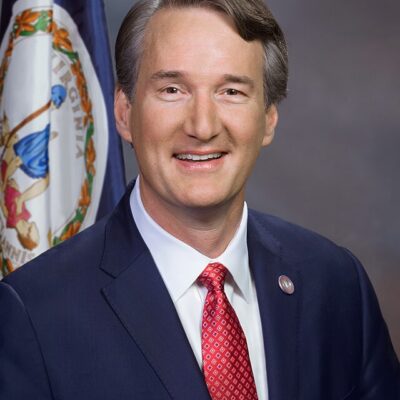Earlier this year, Charlottesville City Manager Chip Boyles was brought in to stabilize a shaky local government, but after eight months on the job, he resigned last week.
Following a closed session with City Council, Boyles said he believes he shored up city leadership and boosted employee morale during his tenure, but that his process was “disrupted” when he fired former Charlottesville police chief RaShall Brackney last month.
“I continue to support my decision taken on this matter,” wrote Boyles in a letter to City Council, “but the public vitriol associated with this decision of a few vocal community members and the broken relationship with Mayor Walker have severely limited my ability to be productive toward the goals of City Council.”
Boyles claimed the backlash against Brackney’s termination—along with Mayor Nikuyah Walker’s pushback—negatively impacted his personal health and well-being. “Continuation of the personal and professional attacks that are occurring are not good for the City, for other City staff, for me, or for my family,” he wrote.
In an additional email to the city staff, Boyles explained that he had planned to stay in his position “much longer,” and believed Charlottesville was going in a “collective positive direction in morale.”
During his brief stint as city manager, Boyles hired several senior-level officials, including Deputy City Manager for Operations Sam Sanders and Deputy City Manager for Racial Equity, Diversity, and Inclusion Ashley Reynolds Marshall.
Since 2018, Charlottesville has had a total of five interim or full-time city managers. Last September, Tarron Richardson resigned from the position after just 16 months on the job, claiming he had been restricted and disrespected by city officials. A search firm was hired to find a new city manager, but the firm’s manager told Councilor Lloyd Snook that he had “never seen a level of dysfunction as profound as what he was seeing here,” and that it would be impossible for the firm to recruit a high-quality candidate.

Photo: City of Charlottesville
Following a series of emergency closed sessions, council appointed Boyles, the former executive director of the Thomas Jefferson Planning District Commission. The councilors emphasized that Boyles would bring much-needed steadiness to local government until they begin a public city manager search.
In a Facebook live after Boyles’ resignation, Walker said Boyles’ actions surrounding Brackney’s firing should have been cause for his termination. She also criticized other councilors for casting blame on her for the manager’s resignation, and not holding him accountable.
“No one is speaking up. Everyone is okay with everything that’s happening. And the only issue is the Black woman who is the mayor,” she said. “They qualify that I’m the issue by saying there’s other Black people in this community who have an issue with me.”
“Chip is not the only issue,” she continued. “There were other issues in the city’s attorney’s office, his office, communications, the police department—there were all people who played a role, and who are protected by at least three of my colleagues and the silence of Councilor Payne,” she added.
Walker defended herself and her record, claiming she has never lied and has stayed committed to her values. She accused Boyles of wrongfully blaming her for the city’s internal issues, and said the city attorney should have alerted her about Boyles’ letter before it was published.
“You all should be ashamed that you are more concerned with your whiteness, white privilege, and upholding those systems than peoples’ lives being changed for the better,” she said.
However, Snook says he is “really disappointed” in Boyles’ resignation.
“He has been doing an excellent job of trying to get senior level management hired,” like Marshall and Sanders, he says. “He got Lisa Robertson on board as the city attorney—all good moves.”
“I saw us heading in the right direction, and then all of these little fires turn into big fires, and all of a sudden everyone’s attention gets turned away from governance,” he adds.
Snook still supports Boyles’ decision to fire Brackney, citing the fact that some of the officers she hired, including Black officers, have left the department.
“We have created in Charlottesville in the last few years…a really toxic culture of what I call the politics of personal destruction,” says Snook. “Any mistake is made, all of sudden [it’s] a cause for termination, heads must roll. We just can’t function that way.”
If any more critical city staff decide to jump ship, Councilor Michael Payne is afraid the city will “reach a point where we can’t maintain even basic functions.”
“City government is in a state of crisis,” he says. “In my less than two years on council, I’ve counted turnover in 20 top leadership positions alone.”
After the city finds an interim city manager and begins the process of hiring a permanent manager, Payne says council will need to work with the city manager’s office to list critical policy priorities—including affordable housing, school reconfiguration, public housing redevelopment, zoning rewrites, and a climate action plan—and create a strategy to get them implemented.
Council is deliberating interim city manager options. Boyles’ last day is October 29.






